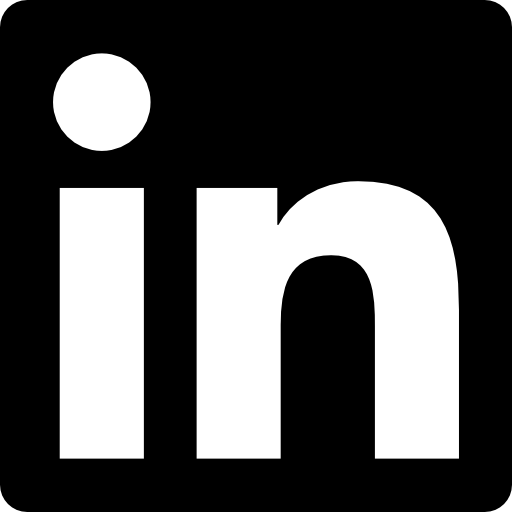Rest: Why you get more done when you work less
- Stéphanie

- Mar 24, 2024
- 3 min read
Alex Soojung-Kim Pang's book, "Rest: Why you get more done when you work less" stands out as a bold and necessary counterpoint to our current workaholic culture. Through a meticulous exploration of the work habits of some of history’s most creative and productive figures, Pang dismantles the notion that long hours of work are the only path to achievement. Pang draws on a wide array of studies in psychology, neuroscience, and history to support his thesis. Rest, according to him, is not just a necessary break to recharge before getting back to work. It’s an essential component of creativity, problem-solving, and productivity. Conscious periods of rest - like walking, napping, stopping at the right time, sleeping, recovering, playing and working out, are essential.

Shorter working periods
Pang starts with a striking proposition in its first chapter called “4-hours”: that a shorter workday, contrary to popular belief, can lead to greater productivity. He introduces us to luminaries like Charles Darwin, who managed to write "On the Origin of Species" by working only a few focused hours each day. These historical anecdotes support the idea that significant contributions and high-quality work often stem from routines that prioritize intense focus over long hours.
The importance of morning routine
Moving from the broad argument to specific strategies, Pang highlights the critical role of morning routines in setting the tone for a productive day. He argues that the early hours, when the mind is refreshed and less cluttered with distractions, offer an unparalleled opportunity for creative and focused work. Pang points out that these routines often include not just work but also activities like meditation, exercise, and reading, which prepare the mind and body for the day ahead.
Walking, a tool for creativity

Pang elucidates how the simple act of walking can be a profound tool for creativity and problem-solving. Referencing historical figures like Steve Jobs and philosophers like Nietzsche, who were known for their long walks, Pang suggests that walking facilitates a state of mind-wandering. When the brain is in this state, it can explore ideas and connections it might not be able to in a focused work environment. Walking isn't just physical exercise; it's a catalyst for a mental shift, enabling the subconscious to process and synthesize complex information.
Napping, a restorative practice
The book emphasizes the power of napping as not merely a restorative practice but a strategic tool for enhanced cognitive function. Drawing from scientific research, Pang highlights how napping can improve memory recall, boost creativity, and increase alertness. He notes that many eminent creatives and thinkers, including Leonardo da Vinci and Salvador Dalí, employed the power of short naps to break through creative blocks and refresh their minds for the challenges ahead.
Stopping at the right time
Pang introduces the concept of "stopping at the right time" as a strategy for maintaining high levels of productivity over the long term. He argues that knowing when to pause or end the workday, before complete mental or physical exhaustion sets in, can prevent burnout and enhance sustained creativity. This approach also allows for subconscious processing of ideas and problems, leading to insights and solutions that emerge during periods of rest.
Recovering
Recovery goes beyond simply stopping work; it involves engaging in activities that mentally and physically rejuvenate us. Pang discusses how activities distinct from our work—whether socializing, pursuing hobbies, or simply relaxing in nature—can restore our energy and improve resilience. This deliberate disengagement from work-related tasks allows individuals to return to their projects with a fresh perspective and renewed vigor.
Working out as a mean for higher productivity
Physical exercise, or working out, is presented not just as a means to improve physical health but as an essential component of mental and emotional well-being. Regular exercise has been proven to reduce stress, alleviate symptoms of depression and anxiety, and enhance cognitive function. Pang notes that incorporating regular physical activity into our routines can lead to improved focus, greater creativity, and higher productivity.
In "Rest: Why You Get More Done When You Work Less," Alex Soojung-Kim Pang offers a practical guide for a more fulfilling and productive life by redefining the role of rest. Through a combination of historical insight, scientific research, and practical advice, Pang not only challenges the cult of overwork but provides a pathway to achieving more by working less. His holistic approach to rest, including everything from walking to working out, emphasizes the interconnected nature of our physical, mental, and emotional well-being, and how nurturing each aspect can lead to remarkable achievements.
We invite you to subscribe to NETO Innovation. You will receive exclusive access to similar enlightening posts, cutting-edge research, and expert insights.
Interested in learning more about our services or discussing a potential collaboration? Visit NETO Innovation's contact page or reach us at info@neto-innovation.com.
Don't miss out on our latest insights and updates. Follow us on our social media channels for more informative content like this.




Comments